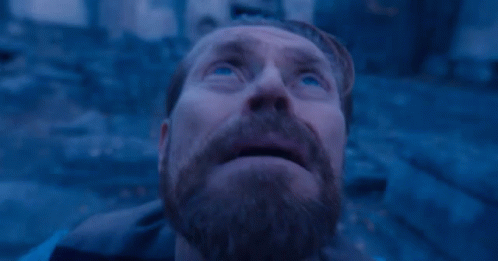
Authors don't stop writing when a work is published; things get complicated when some of that writing is about their works, often in dialogue online with their own readers. Review the approaches of these two authors, then discuss with your team: can an author redefine something about a past work by sharing their own interpretation of it online?
Consider Geoge Lucas's re-releases of his original Star Wars trilogy in 1997; the changes in them inspired a generation of controversy. Should an edited version of a work replace the original, and does the answer depend on the preferences of the author—or of the audience?
When dubbing the Studio Ghibli film Laputa: Castle In The Sky into English, Disney added more music, sound effects, and ad-libbed dialogue. The result was met with mixed reactions. Discuss: how much is too much, when it comes to adapting a work for a new language, culture, or age group?
According to Guinness, the most adapted literary character of all time is Sherlock Holmes, with Dracula, Frankenstein, and Cinderella close behind. Their stories have been adapted into mediums as diverse as silent films, opera, and anime—often set in new time periods and cultures. Discuss with your team: is it time to let them all go? What do you think would take their place?
It's not just Spiderman who keeps getting rebooted. Napoleon has appeared in at least 189 films, from biopics to Bill & Ted's Excellent Adventure—190 if you count a short piece involving penguins. Do filmmakers have an obligation to portray historical figures as accurately as possible—and does that obligation vary based on the type of film?
Reconstructing old sets is something film and television studios must do when they return to past storylines and locations long after the original sets were destroyed. Consider these efforts to rebuild an old starship and an apartment where someone's parents met, then discuss with your team: would virtual recreations of the sets have been good enough?
star trek making its way into the syllabus…….. again
